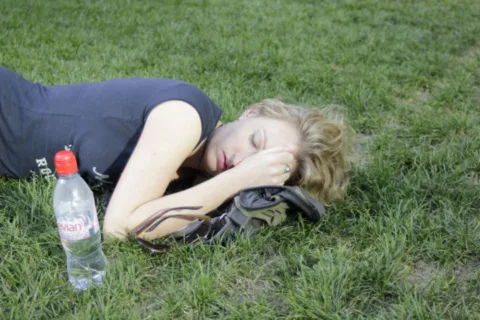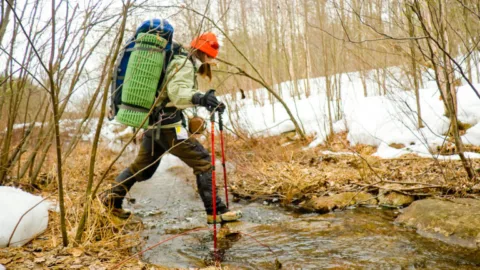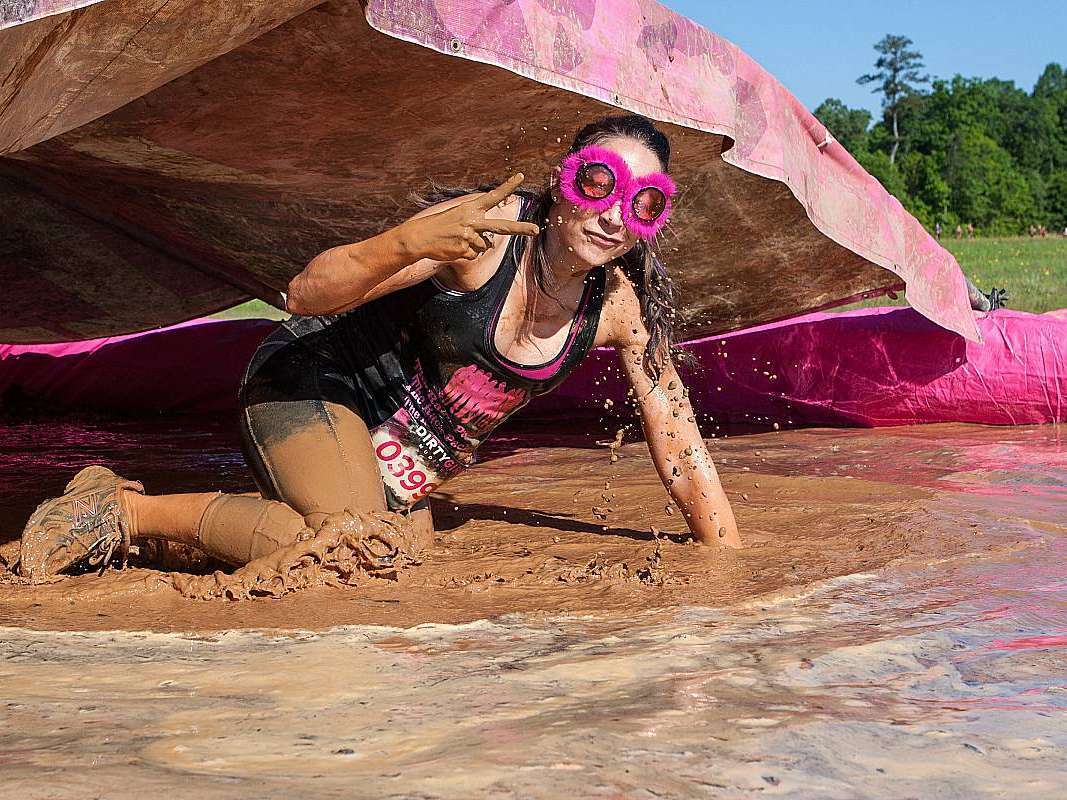Time off?! Those are dirty words to many ultrarunners, which is why the winter season can create a great deal of anxiety for those who train and compete in ultramarathons.
Too cold to run, treadmill-hate, loss of motivation, expending less carbs, consuming holiday treats, no more races to compete in – it can only mean one dreadful thing: getting out of shape, putting on weight, setting you back, and losing your edge.
Which begs the question: Is taking time off a good thing for ultrarunners?
The answer is YES!
Taking Time Off Is Not Doing Nothing
The term “off-season” is somewhat misleading — because it seems to sound rather passive and uninspiring.
You don’t really associate ideas like growth, progress, and accomplishment with something termed the “off-season.”
But the truth is, what you do this off-season is immensely important and will largely determine your in-season running performance.
Careless Ultramarathon Training Is Hazardous To Your Health
Many ultrarunner types have an unrealistic and potentially harmful mindset that they can and should achieve and maintain a continual peak level of fitness bliss. Usually this means heavy running mileage year-round.
Ultrarunning is considered an “extreme sport” for good reason.
The running mileage for ultramarathon training and the races themselves put excessive demands on the human body. Big volume running by its very nature takes its toll, which includes oxidative stress, cortisol load, and the general wear and tear.
We intuitively know all of this is true, and yet our sport has left a junkyard of former ultrarunners who are wrecked and no longer running.
Insufficient recovery time will cause a person to break down and get injured. This doesn’t just mean structural injuries. There are any number of hormonal issues that ultrarunners deal with — such as hypothyroid, adrenal fatigue, amenorrhea (female loss of menstrual cycle), and low testosterone (male loss of life-source) to name a few.
Periodization Improves The Surviving And Thriving Rate Of Ultrarunners
Periodization is based on the premise that fitness improves in cycles.
Russian sports coach, Tudor Bompa, is known as the “father of periodization.” Bompa developed the concept in Romania in 1963, and utilized it in training Eastern Bloc Olympic athletes. The system aimed for optimal performance by varying the training stress throughout the year.
Previously, the training was to maintain the same constant stresses year round. Bompa’s new training method was to create some periods of training that were easier than the others, in order to promote rest and to let the body grow stronger.
Most training programs today are rooted in Bompa’s theory, and it’s how most successful athletes train today.
Bompa’s training theory was laid out in his seminal work Periodization: Theory and Methodology of Training. Bompa’s training philosophy assisted the Eastern Bloc domination of athletic competitions for 3 decades.
Periodization training also applies to distance runners. Periodization is the process of planning a season around a goal. This includes phases of base training, specificity training, and peak training, followed by a recovery phase.
By adhering to these principles, you are allowing your body to achieve a higher level of conditioning following a stress and repair cycle.
The Time Off Part
I strongly urge you to take a minimum of 2-3 weeks off from running during the winter season.
Consider this your recovery phase in a periodization plan. This will allow you to recover both structurally and hormonally.
We know constant stress isn’t sustainable, so take some time away from running to allow your body to fully heal.
This doesn’t mean it’s time to do that century bike ride you’ve always wanted to try or start your new CrossFit career. The point is NOT to make extreme demands on your body. Consider something like moderate walking, hiking or swimming as an active-recovery measure during the duration of your time off.
There are 2 other key areas to focus on during your time off from running:
- nutrition
- sleep
The power of nutrition to help in your recovery process cannot be overstated. Without the stress and caloric depletion of training you can start to think and eat “clean” more easily. Time away from the sugar laced gels & bars, fake race foods, and recovery powders to focus on whole unprocessed foods.
Every ultrarunner needs to think through their overall nutrition plan. I recently wrote 2 posts – Part 1, Part 2, and another post about a vegan diet – about many of the nutrition alternatives that ultrarunners have to sort out.
Sleep may be the most ignored facet of successful ultramarathon training. Try sleeping until you naturally wake up, without an alarm.
Adequate sleep (in the 8-10 hour range) gives your body the opportunity to repair cells and regulate hormones that control all aspects of your existence — including athletic performance.
Start Back With A 4-Week Transition Plan
After taking a couple weeks or so off, have a 4-week strategic plan for resuming more robust ultramarathon training.
Some key areas to consider for this phase include:
From here, you can work back into your typical base period of training.






